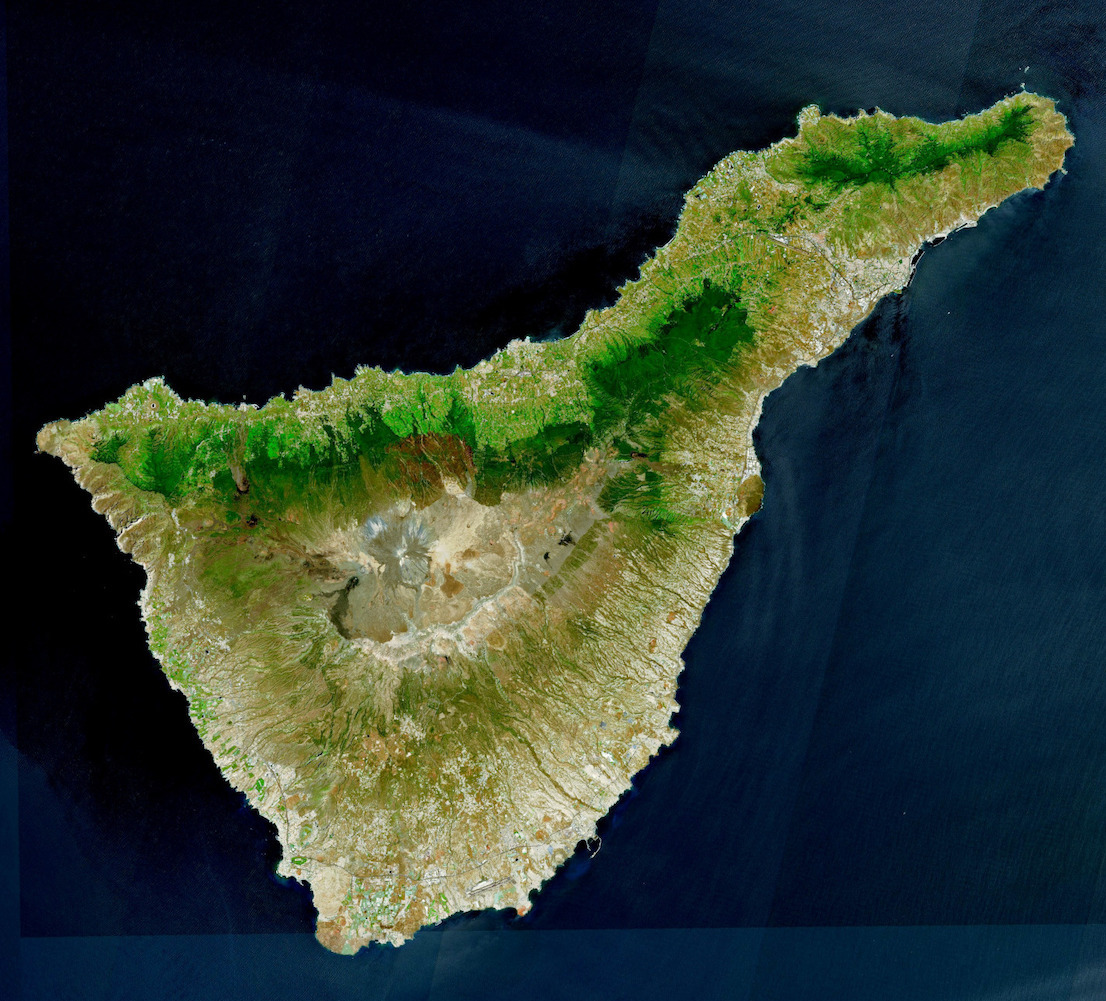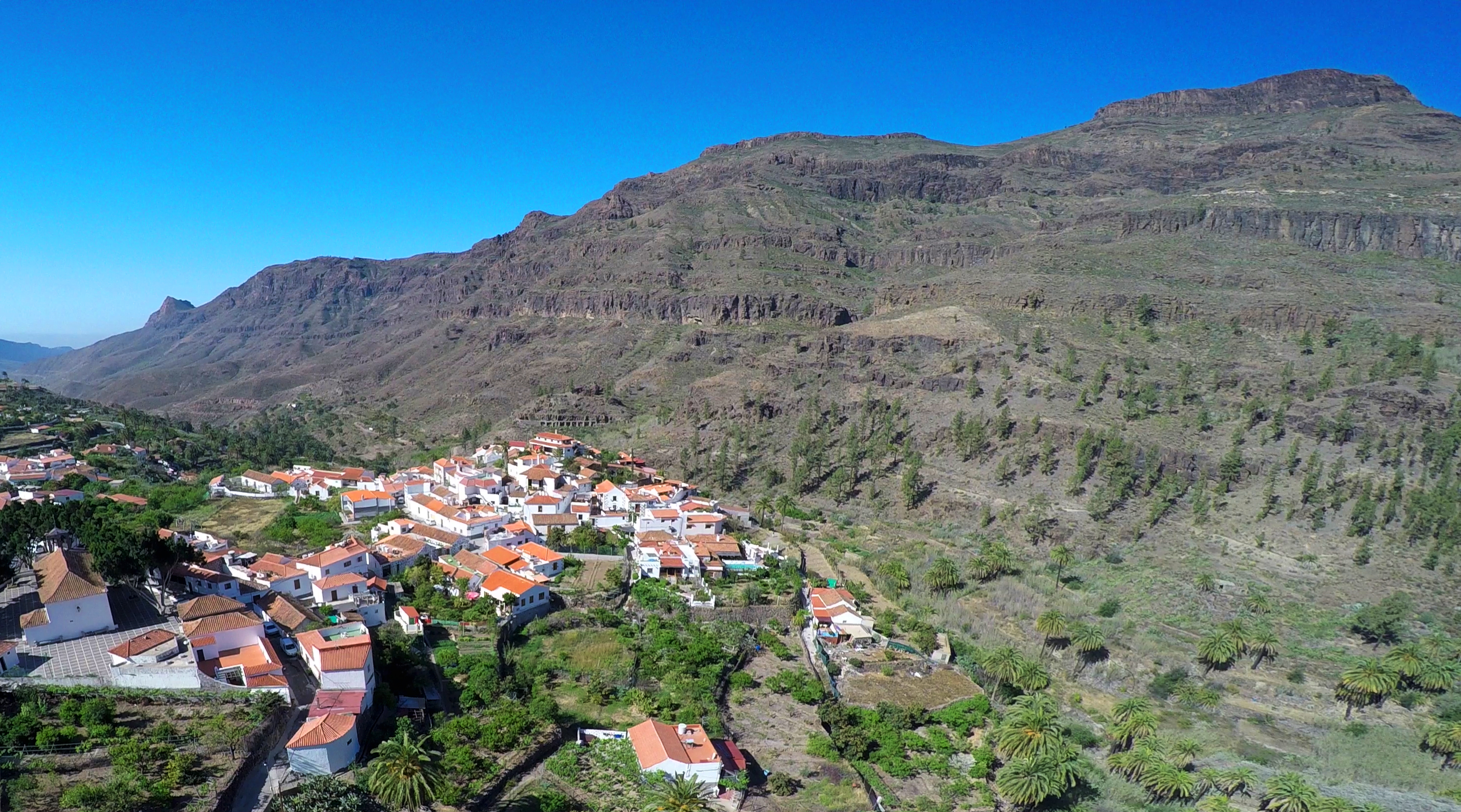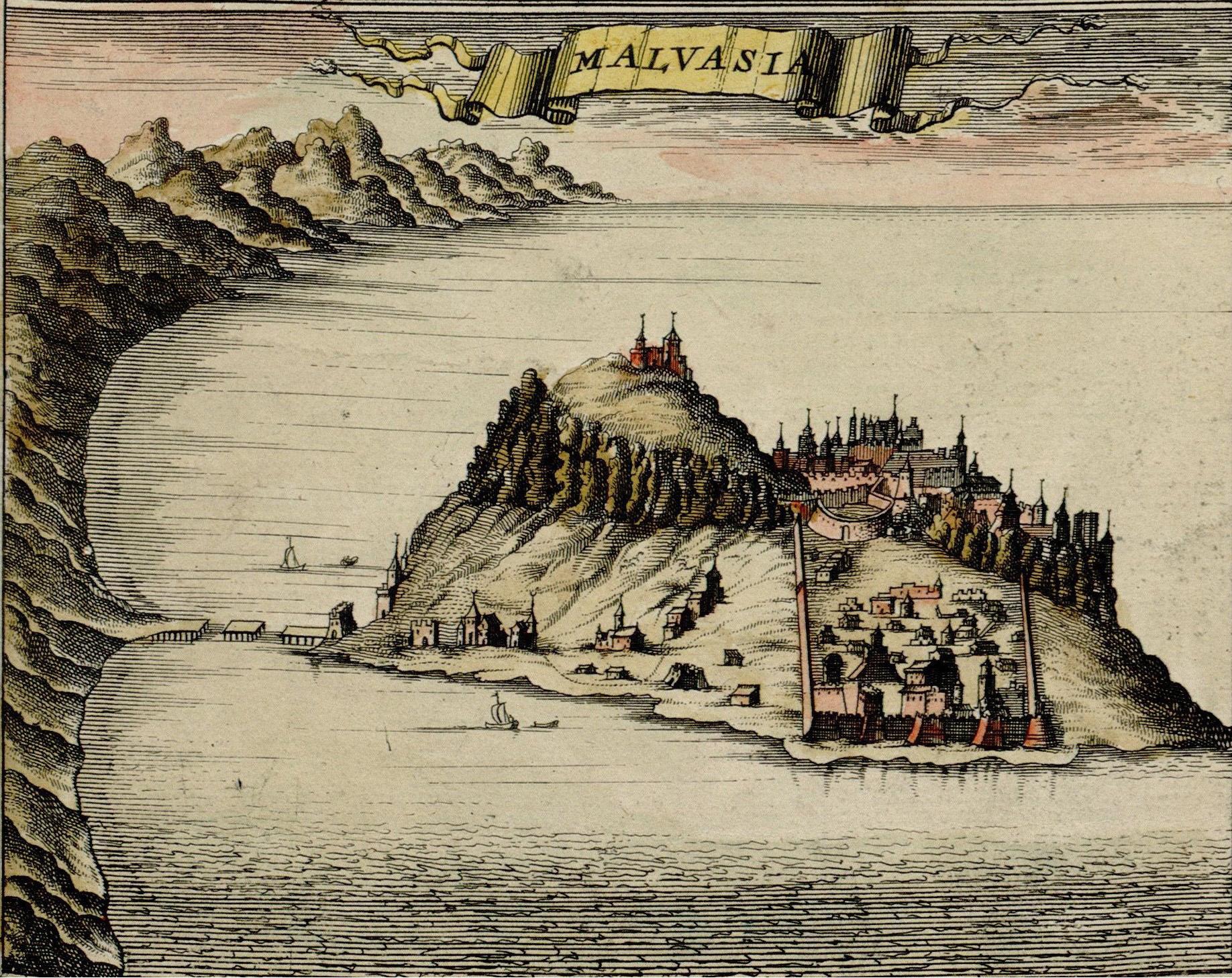|
Guachinche
A guachinche is a typical Canary Island establishment, more widely spread on the island of Tenerife and to a lesser extent in Gran Canaria, where a locally produced wine is served accompanied by homemade traditional food. History The origins of guachinches lie in the wine-tasting parties that the local wine growers organized at certain dates of the year to sell their products (in particular the famous malvasia wine) directly to the British buyers and later to the local consumers, to avoid having to deal with intermediaries. The guachinches are usually situated next to important wine regions of the Island of Tenerife: especially in the northern municipalities, such as Tacoronte, El Sauzal, Tegueste, La Matanza de Acentejo, La Victoria de Acentejo, Santa Úrsula, La Orotava and Los Realejos. A few of them can also be found in the Güímar Valley (that is in Arafo, Candelaria and Güímar municipalities). Etymology The word “bochinche”, mainly used in Gran Canaria, and its ... [...More Info...] [...Related Items...] OR: [Wikipedia] [Google] [Baidu] |
Tenerife
Tenerife ( ; ; formerly spelled ''Teneriffe'') is the largest and most populous island of the Canary Islands, an Autonomous communities of Spain, autonomous community of Spain. With a land area of and a population of 965,575 inhabitants as of April 2025, it is the most populous island in Spain and the entire Macaronesia region. Tenerife is also home to 42.7% of the total population of the archipelago. More than seven million tourists (7,384,707 in 2024) visit Tenerife each year, making it by far the most visited island in the archipelago. It is one of the most important tourist destinations in Spain and the world, hosting one of the world's largest carnivals, the Carnival of Santa Cruz de Tenerife. The capital of the island, , is also the seat of the island council (). That city and are the co-capitals of the Autonomous communities of Spain, autonomous community of the Canary Islands. The two cities are both home to governmental institutions, such as the offices of the preside ... [...More Info...] [...Related Items...] OR: [Wikipedia] [Google] [Baidu] |
Islas Canarias-Tenerife-La Victoria De Acentejo-Guachinche- Casa Pepe 2013-05-21 13-18
Islas is a surname. Notable people with the surname include: *Arturo Islas (1938–1991), professor of English and a novelist from Texas *Daniel Islas (born 1979), Argentine football goalkeeper *Luis Islas (born 1965), former football goalkeeper *Mauricio Islas (born 1973), Mexican actor best known for his work in telenovelas *Sabino Islas (born 1917), Mexican boxer who competed in the 1936 Summer Olympics *Therese Islas Helgesson (born 1983), Swedish handball player See also *Isla (other) Isla or ISLA may refer to: Organizations * International Securities Lending Association, a trade association * International School of Los Angeles * International Bilingual School, later named International School of Los Angeles People * Isla ... {{surname, Islas es:Islas ... [...More Info...] [...Related Items...] OR: [Wikipedia] [Google] [Baidu] |
Canary Island
The Canary Islands (; ) or Canaries are an archipelago in the Atlantic Ocean and the southernmost Autonomous Community of Spain. They are located in the northwest of Africa, with the closest point to the continent being 100 kilometres (62 miles) away. The islands have a population of 2.25 million people and are the most populous overseas special territory of the European Union. The seven main islands are from largest to smallest in area, Tenerife, Fuerteventura, Gran Canaria, Lanzarote, La Palma, La Gomera, and El Hierro. The only other populated island is La Graciosa, which administratively is dependent on Lanzarote. The archipelago includes many smaller islands and islets, including Alegranza, Isla de Lobos, Montaña Clara, Roque del Oeste, and Roque del Este. It includes a number of rocks, including Garachico and Anaga. The island chain used to be referred to as "the Fortunate Isles". The Canary Islands are the southernmost region of Spain, and the largest and ... [...More Info...] [...Related Items...] OR: [Wikipedia] [Google] [Baidu] |
Gran Canaria
Gran Canaria (, ; ), also Grand Canary Island, is the third-largest and second-most-populous island of the Canary Islands, a Spain, Spanish archipelago off the Atlantic coast of Northwest Africa. the island had a population of that constitutes approximately 40% of the population of the archipelago. Las Palmas de Gran Canaria, the capital of the island, is the largest city of the Canary Islands and the ninth-largest of Spain. Gran Canaria is located in the Atlantic Ocean in a region known as Macaronesia about off the northwestern coast of Africa and about from Europe. With an area of and an altitude of at Morro de la Agujereada, Gran Canaria is the third largest island of the archipelago in both area and altitude. Gran Canaria is also the third most populated island in Spain. History In Classical antiquity, antiquity, Gran Canaria was populated by the North African Guanches, Canarii, who may have arrived as early as 500 BC. In the Middle Ages, medieval period, after ove ... [...More Info...] [...Related Items...] OR: [Wikipedia] [Google] [Baidu] |
Malvasia
Malvasia (), also known as Malvazia, is a group of wine grape varieties grown historically in the Mediterranean region and Macaronesia, but now grown in many of the winemaking regions of the world. In the past, the names Malvasia, Malvazia, and Malmsey have been used interchangeably for Malvasia-based wines; however, in modern oenology, "Malmsey" is now used almost exclusively for a sweet variety of Madeira wine made from the Malvasia grape. Grape varieties in this family include Malvasia bianca, Malvasia di Schierano, Malvasia negra, , Malvasia nera di Brindisi, Malvasia di Candia aromatica, Malvasia odorosissima, and a number of other varieties. Malvasia wines are produced in Greece (regions of Peloponnese, Cyclades and Crete), Italy (wine), Italy (including Friuli-Venezia Giulia, Lombardia (wine), Lombardia, Apulia, Sicily, Lipari, Emilia-Romagna, and Sardinia), Slovenia (wine), Slovenia (including Istria), Croatia (including Istria), Corsica (wine), Corsica, the Iberian P ... [...More Info...] [...Related Items...] OR: [Wikipedia] [Google] [Baidu] |
Appellation
An appellation is a legally defined and protected geographical indication used to identify where the ingredients of a food or beverage originated, most often used for the origin of wine grapes. Restrictions other than geographical boundaries, such as what grapes may be grown, maximum grape yields, alcohol level, and other quality factors may also apply before an appellation name may legally appear on a wine bottle label. The rules that govern appellations are dependent on the country in which the wine was produced. History The tradition of wine appellation is very old. The oldest references are to be found in the Bible, where ''wine of Samaria'', ''wine of Mount Carmel, Carmel'', ''wine of Jezreel (city), Jezreel'', or ''wine of Helbon'' are mentioned. This tradition of appellation continued throughout the Antiquity and the Middle Ages, though without any officially sanctioned rules. Historically, the world's first exclusive (protected) vineyard zone was introduced in Chianti, I ... [...More Info...] [...Related Items...] OR: [Wikipedia] [Google] [Baidu] |
Placa Distintivo Guachinche
Placa may refer to: * Placia, a town in ancient Mysia * Plaquita, a Dominican bat-and-ball game resembling cricket Cricket is a Bat-and-ball games, bat-and-ball game played between two Sports team, teams of eleven players on a cricket field, field, at the centre of which is a cricket pitch, pitch with a wicket at each end, each comprising two Bail (cr ... See also * {{Disambiguation ... [...More Info...] [...Related Items...] OR: [Wikipedia] [Google] [Baidu] |
Drinking Establishments
A drinking establishment is a business whose primary function is the serving of alcoholic beverages for consumption on the premises. Some establishments may also serve food, or have entertainment, but their main purpose is to serve alcoholic beverages. There are different types of drinking establishment ranging from seedy bars or nightclubs, sometimes termed "dive bars", to 5,000 seat beer halls and elegant places of entertainment for the elite. A public house, informally known as a "pub", is an establishment licensed to serve alcoholic drinks for consumption on the premises in countries and regions of British influence.History of the pub Beer and Pub Association. Retrieved 03-07-08. [...More Info...] [...Related Items...] OR: [Wikipedia] [Google] [Baidu] |



